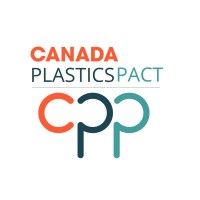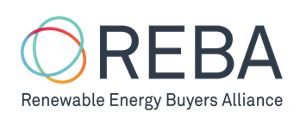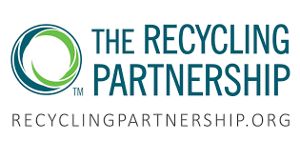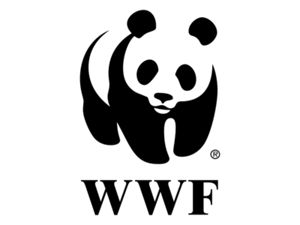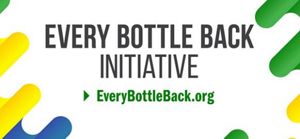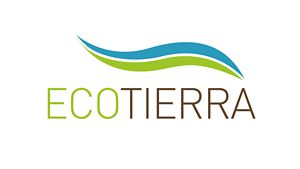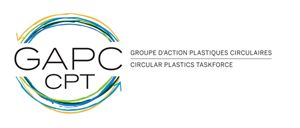PACKAGING
Our wide portfolio of products requires an equally wide range of packaging materials, and we’re committed to enabling circular solutions. From removing material in packaging and using more recycled content, to designing all our packaging to be recyclable or compostable, we are on a mission to eliminate packaging waste.
Sustainable Design
We are continually innovating our packaging designs and processes to reduce our total material usage and incorporate materials that are accepted for recycling and highly valued by end-markets. For example, all of our K-Cup® pods are now made with recyclable plastic, an important milestone we achieved in the United States at the end of 2020. In Canada, we achieved this critical milestone of 100% K-Cup® pods made with recyclable plastic two years in advance, at the end of 2018. Please note that K-Cup® pods are recyclable in select locations; they may not be recyclable in your area. Please check with your local recycling facility for updated information.
In addition, we are committed to increasing our use of post-consumer recycled content in our packaging. Our 16 oz. Snapple, Core Hydration, and 500 mL Aguafiel brands (Aguafiel and Core are not yet distributed in Canada) are transitioning to bottles made of 100% recycled (rPET) plastic, which is expected to eliminate approximately 47.5 million pounds of virgin plastic used by KDP annually.
Driving Circularity for Plastics
Improving packaging solutions for product quality, consumer use, recoverability and reuse requires collaboration of all players along the value chain. Using our strength in forming partnerships, we collaborate closely with a number of stakeholders – including industry groups, NGOs and investment firms – to move our commitments beyond independent ambitions to collective action.
In Canada, we co-founded the Circular Plastics Taskforce (CPT) alongside Danone, TC Transcontinental, Cascades, Dyne-a-pak and the Chemical Industry Association of Canada. The CPT’s goal is to help build a circular economy for post-consumer plastics in Canada, by finding a better alignment between stakeholders along the recycling value chain, based on a reverse engineering approach. The CPT works to identify tangible and impactful solutions to current challenges faced by the industry, which will be trialed through pilot projects to help build a circular economy for plastics in Quebec and Canada.
In addition, KDP announced its role as a founding signatory of the US and Canada Plastics Pact as part of the Ellen MacArthur Foundation’s global Plastics Pact network. By bringing together businesses, governments, NGOs and other key actors, the goal of our membership in this Pact is to ensure that plastics are kept in the economy and out of the environment.
CLIMATE
We’ve set climate targets across our value chain that will reduce our greenhouse gas emissions while building climate resiliency. The goals are approved by the Science Based Targets initiative and align with the reductions required to meet the Paris Agreement goal of keeping global warming well below 2 degrees Celsius.
Driving Down Fleet Emissions
With thousands of vehicles in our North American transportation fleet, we have an unrivaled distribution network designed to deliver beverages to consumers anytime, anywhere they need them. This is a critical component of our business—and a critical area for reducing our emissions. From replacing older vehicles with newer, more efficient ones, to making our routing more efficient for reduced mileage, we’re committed to lessening our impact while serving our customers.
Compensating Emissions with Meaningful Projects
In collaboration with our partner ECOTIERRA, we compensated a portion of our Scope 1 and 2 emissions through carbon offset purchases in a REDD+ (Reducing Emissions from Deforestation and Forest Degradation) project in Colombia. This project aims to develop a participatory process to achieve the establishment of an integrated management system of forests and lands of the reserve, to ensure its sustainability and to mitigate threats of its conservation.
In an effort to reduce our carbon footprint, we have purchased educational carbon credits with the Carbone Scol’ERE through a project that teaches primary school students about greenhouse gas (GHG) emissions and the principles of sustainable development. Through workshops and classroom facilitation, youth, along with their families, commit to adopt new sustainable lifestyle habits that are quantified in terms of equivalent GHG emissions prevented and accumulated to generate educational carbon credits.
WATER
Water is a vital natural resource and fundamental to our beverages. Because it’s the primary ingredient in most of our beverages, we have a great responsibility to be strategic in how we use it, recognizing it is a shared resource. That’s why we strive for water efficiency in our operations while implementing community water stewardship and restoration projects.
WASTE
We’re finding new ways to use fewer resources across our business through comprehensive waste management within our production network and corporate facilities. We continually rethink how we dispose of waste, aiming to reduce, reuse, and recycle 100% of our operational waste.
Circular solutions in Canada
In Canada, we successfully divert 100% of our solid waste from our owned and operated manufacturing facilities from being sent to landfill. In addition, we are exploring new partnerships for industrial symbiosis, where one company’s industrial waste serves as a resource for another company. More specifically, we are currently exploring different promising outlets for coffee residuals and paper filter scraps from our manufacturing processes. In 2020, we also started a pilot project aimed at developing closed loop practices and improving our production waste management practices further. This project, implemented in partnership with Lavergne, a local plastic recycler and circularity leader, will help us ensure that our K-Cup pods production waste is diverted in the most efficient and sustainable way possible, including recycling the plastic for a reuse in our own products, in a truly closed loop way.
Moreover, our waste management practices at our Montréal facilities have merited Recyc-Quebec’s Ici On Recycle Level 2 Corporate Recycling Certification.




